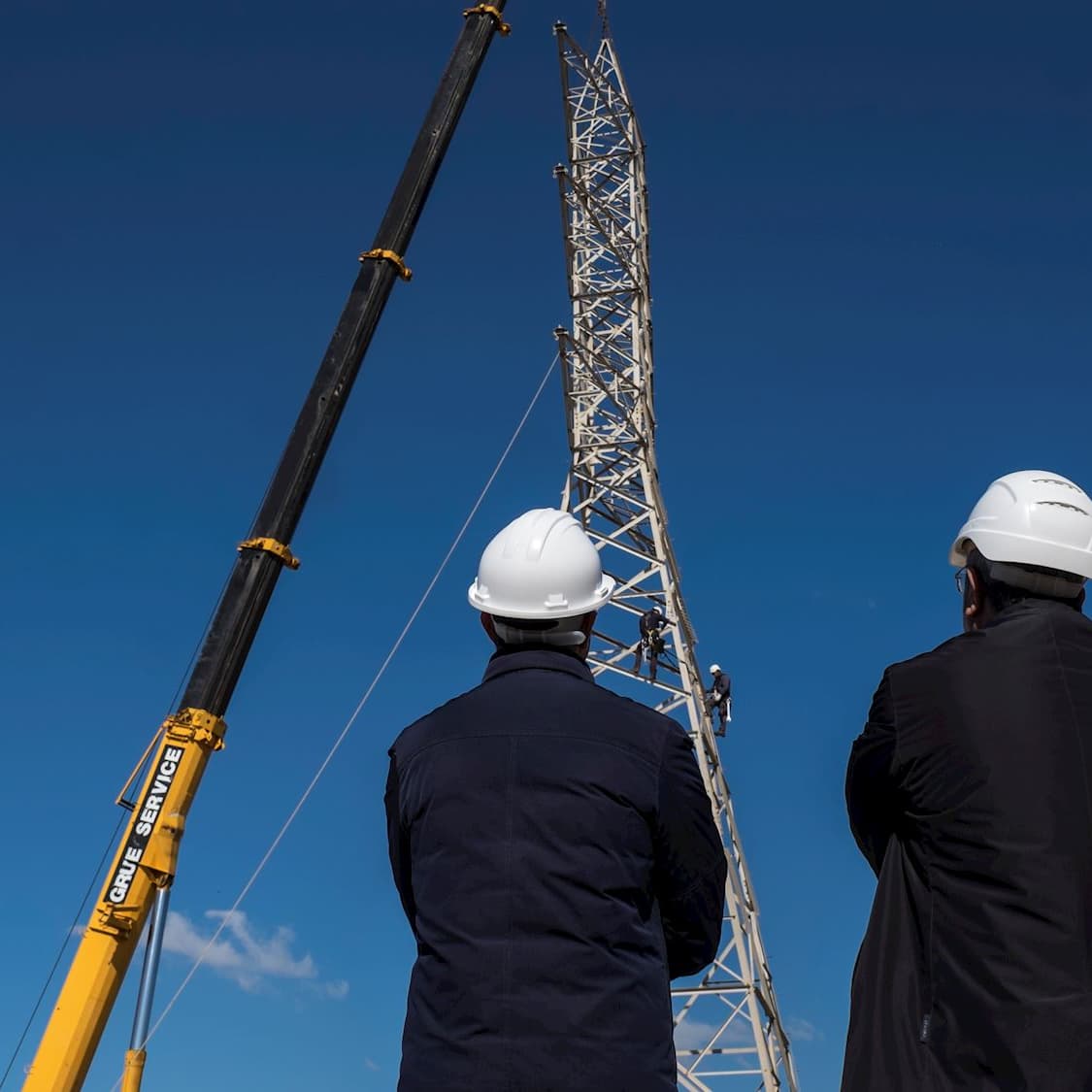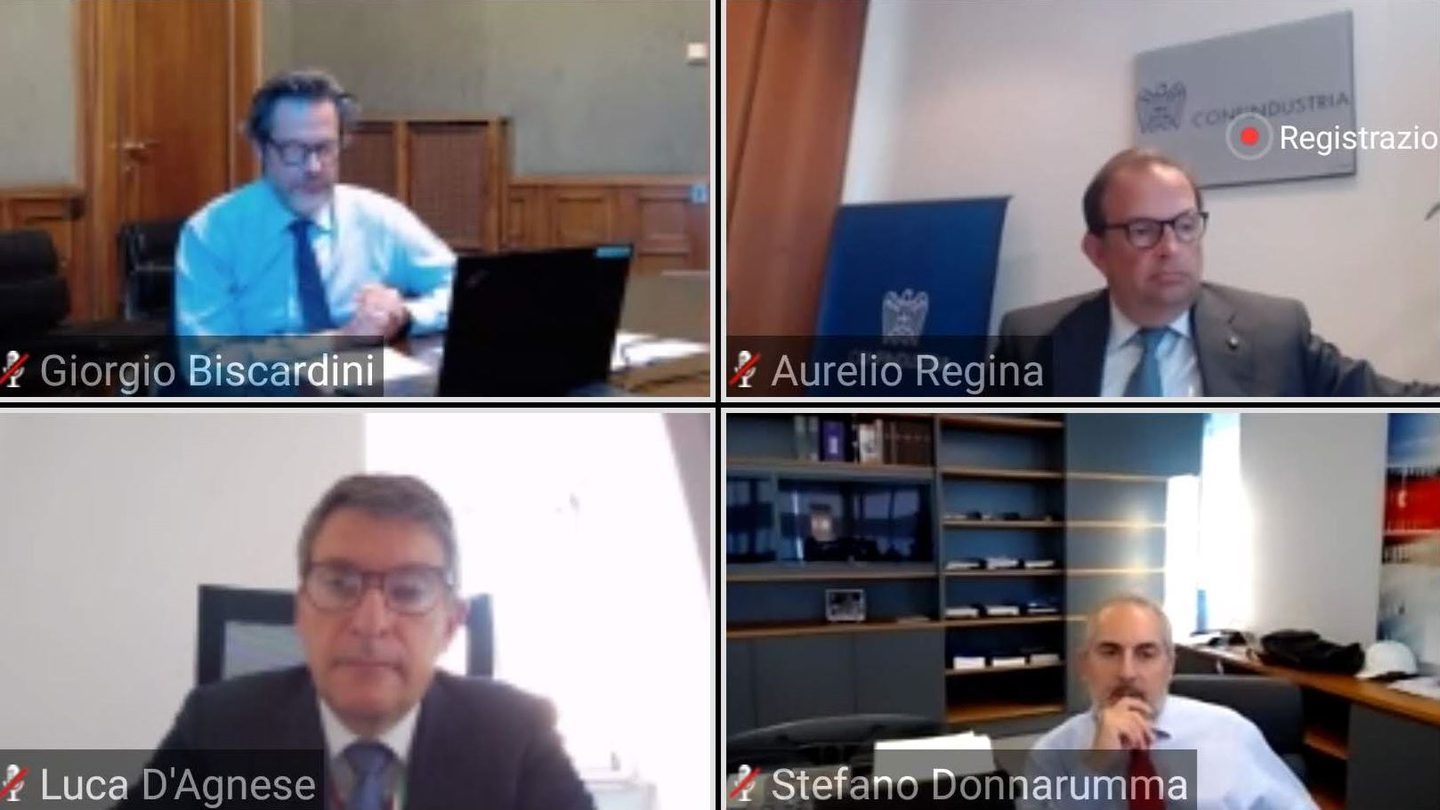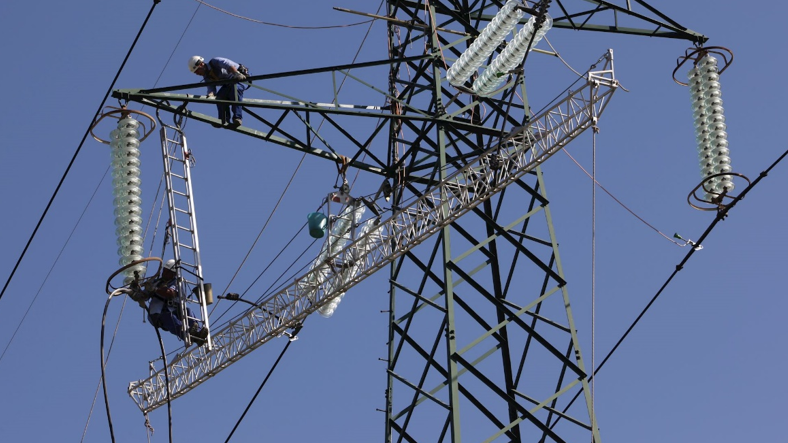The energy supply chain could become the driving force behind recovery post COVID-19, and Terna is ready to play a leading role. But in order to take up the challenge to the full, companies are launching a new appeal to government to start a plan involving simplification and cutting red tape as soon as possible to help businesses make investments to contribute to Italy’s recovery, promote employment and drive the implementation of the European Green New Deal aims. The energy transition is unavoidable, but it won't happen all on its own.
The pandemic that has affected Italy and the world has already started to have a serious impact on the economies of the most affected countries, but has also left them with an urgent need for change, which could yet become an opportunity for development. The acceleration of digitisation and increased awareness of the need to rebuild by focusing on more sustainable growth models are the foundations on which to base an economic recovery that will necessarily need to make the energy transition its central focus.


